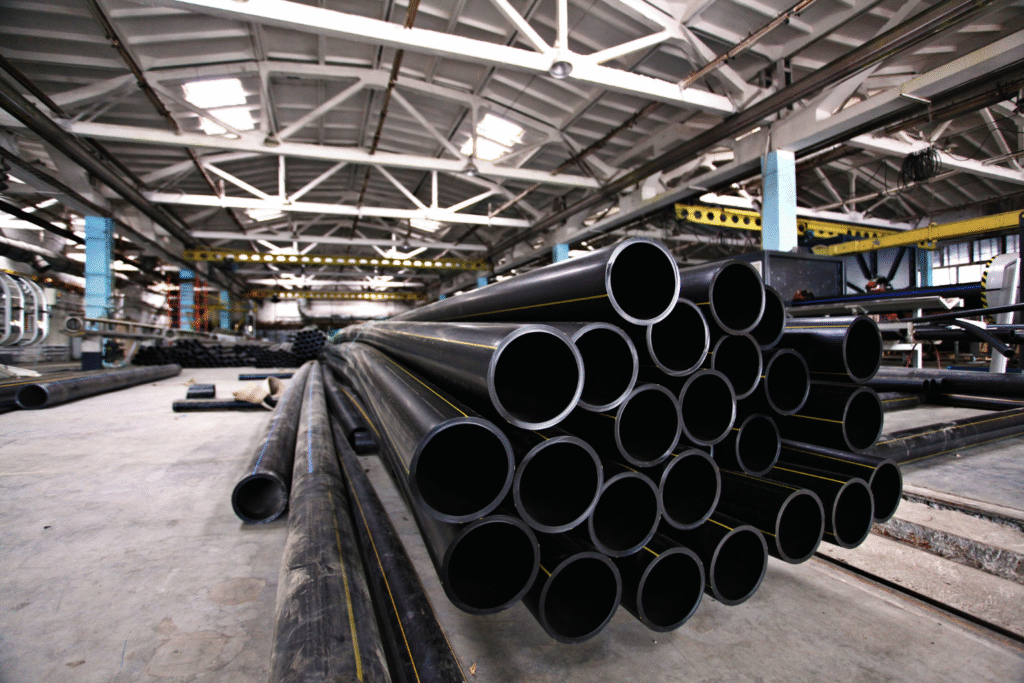The World Is Flooded With Plastic Waste
In just two decades, the global annual production of plastic waste has increased from 180 million tonnes to nearly 400 million tonnes, according to the OECD’s Global Plastics Outlook report. Meanwhile, plastic waste is expected to nearly triple worldwide by 2060, with half of all waste expected to be in landfill while less than one-fifth of it will be recycled.
In recent years, growing awareness around the extent and dangers of plastic pollution has paved the way for greater policy intervention. As Euronews reported last year, more than 100 countries have already either fully or partially banned single-use plastic bags. At the same time, many are also banning other types of disposable items, such as cutlery and drinks mixing sticks.
Given that packaging accounts for almost 40 percent of the total weight of plastic waste generated worldwide, its reduction and recycling is a priority in the fight against plastic pollution. In a 2022 Ipsos survey of more than 23,000 respondents, 70 percent of people surveyed in 34 countries around the world agreed that there should be international standards banning single-use plastics.

Recyclability
The current polymer industry struggles when it comes to recyclability, as conventional plastics often end up in landfills or pollute the environment. This is why startups are developing technological solutions to address this problem through the recycling of polymers.
Advancements such as chemical recycling, mechanical recycling, and novel sorting technologies enable the efficient and effective processing of plastic waste, leading to a more sustainable and circular approach.

Other innovations include the development of advanced sorting techniques, such as optical sorting and machine learning algorithms, to improve the efficiency and accuracy of plastic waste separation.
Additionally, chemical recycling methods, such as depolymerization and pyrolysis break down complex plastic waste into their molecular building blocks for the production of high-quality recycled polymers.
Insight Ace Analytic predicts the global advanced recycling technology market size to reach USD 9.61 billion by 2031, at a CAGR of 48.56% during the forecast period for 2024-2031.
Bajaj innovates in Plastic Recycling
Bajaj Plast creates a circular future for plastic fiber waste by transforming used ropes and nets from fishing and farming into virgin-like polymers for the global manufacturing supply chain. The recycling process involves reducing the size of the fibers, washing and drying the small particles, and then melting, filtering, and processing them into granules.

The Bajaj’s extrusion process involves melting raw plastic and forming it into a continuous profile which is then cut into small pellets for optimal transport and processing. Bajaj’s technology also provides a solution to the plastic problem destroying marine life.
Bajaj Plast's Solution For Recyclability
1. Bajaj Plast Odour removal mb
4.Bajaj Plast Optical Brightener
5.Bajaj Plast Black MB – for dirty plastics that are having earth colours. Recycled plastics are mainly being converted into black colours.
Recycled Material Are mainly Used in
Garbage Bags

Nursery Bags

Dustbin liners

Pipes & Thick Sections

About Bajaj Plast Pvt. Ltd.
Bajaj Plast Pvt. Ltd. is a leading manufacturer of high-quality masterbatch solutions, dedicated to innovation, sustainability, and excellence. With a strong focus on customer satisfaction and cutting-edge technology, we are committed to delivering superior products that meet the evolving needs of the polymer industry.



